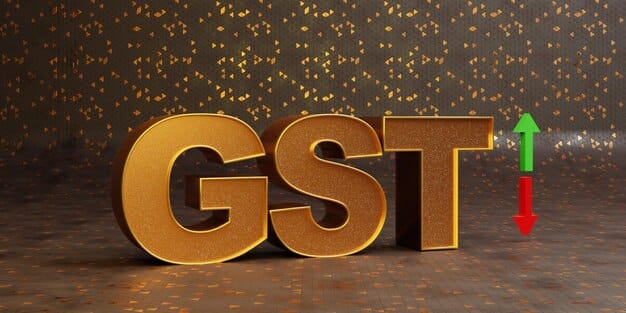
In simple terms, GST, or Goods and Services
Tax, is a type of tax that was introduced in India in 2017. It replaced several
other taxes like excise duty, service tax, VAT, etc. The idea behind GST was to
make taxes easier to understand and pay.
Under GST, goods and services are taxed at
different rates, ranging from 0%, 5%, 12%, 18%, and 28%, depending on the type
of goods or services. This tax is applied at each step of the production and
distribution process, but businesses can get credit for the tax they paid on
the things they bought. This means that they only must pay tax on the value
they add, not on the full price.
Overall, GST was meant to make things simpler
for businesses and consumers alike by streamlining the tax system and reducing
hidden taxes. However, some people find it complicated, and there have been
some challenges in its implementation.
· Basic Documents Requirement for GST
A.
For
Individual
1.
Aadhaar card
2.
Pan card
3.
Land deed/record/rent agreements
4.
Trade licence
5.
Electric bill
6.
Passport photo
7.
Property tax
8. Bank details
B.
For
firm/partnership firm/NGO/Society/Trust/Companies/others
1.
Firm PAN Card
2.
Authorized
Signatory Details
3.
Authorized
Signatories full KYC (PAN, Aadhaar, Passport Photo)
4.
Land Details
(Deed/Record/rent agreements, Property Tax)
5.
Trade Licence
6.
Electricity
Bill
7.
P-Tax
